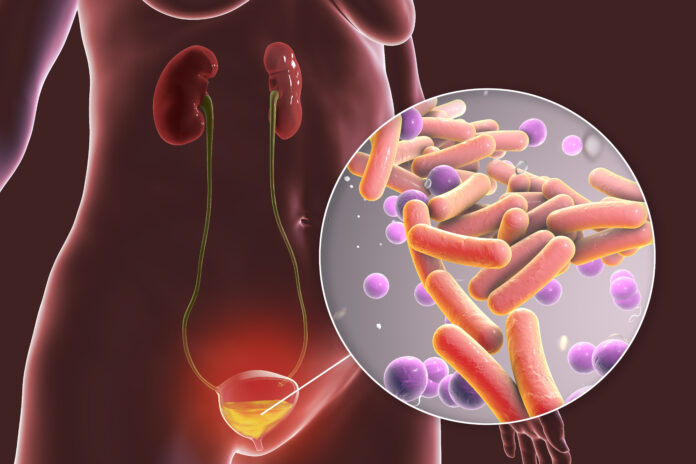
Researchers at the University of Maryland School of Medicine (UMSOM) have discovered that a protein from the mycoplasma bacterium species may cause genetic instability leading to reduced fertility and birth defects in mice models.
With over 100 different species, mycoplasma is a unique bacterium responsible for several symptoms and infections throughout the body including cancer. Mycoplasma fermentans, is a species especially known to colonize the urogenital tract linked to adverse pregnancy effects. However, despite its implications in urogenital health the exact mechanisms leading to cellular defects remain unknown.
Reporting in the Proceedings of the National Academy of Sciences of the United States of America, scientists have now identified a link between genomic instability in cells and a protein from Mycoplasma fermentans known as DnaK, responsible for the correct folding of newly made bacterial proteins. While helpful in bacterial cells, the scientists previously showed that DnaK’s effects are less beneficial for animals by interfering with key proteins involved in the preservation of DNA integrity such as p53.
For their new study, the researchers genetically modified mice using the CRISPR/Cas9 technology to produce the DnaK protein, normally made by Mycoplasma fermentans. According to the scientists, mice with exposure to DnaK showed severe signs of genomic instability with entire sections of the genome duplicated or deleted. More than a third of female mice producing DnaK were unable to get pregnant with 20 percent giving birth to pups with birth defects.
“The occurrences of genomic instability, in the form of increased number of copy number variations, could explain the decreased fertility and the increased instances of abnormally developed fetuses we observed upon DnaK exposure,” said Robert Gallo, MD, co-founder and director of UMSOM’s Institute of Human Virology and co-author of the study.
“These data build upon our initial work which discovered the disruptive role of DnaK on key proteins involved in the proper repair of damaged DNA, which are also known to play a role in the onset of copy number variations. Our ongoing commitment is to better understand the potential implications of these findings in cellular transformation and cancer.”
Additionally, the scientists noticed that some of the mice showed problems with movement and coordination. After sequencing their genome, the researchers identified a deletion in a gene leading to a rare genetic disease known as spinocerebellar ataxia-18 (SCAR18) causing delayed development of skilled movements and intellectual disabilities.
“The researchers raise a significant question regarding whether DnaK can interfere with fetal development in humans. An important next step would be to investigate whether neutralizing either the bacteria or this protein could preserve fertility and prevent certain birth defects,” concluded UMSOM’s dean Mark Gladwin, MD, in a press statement.











